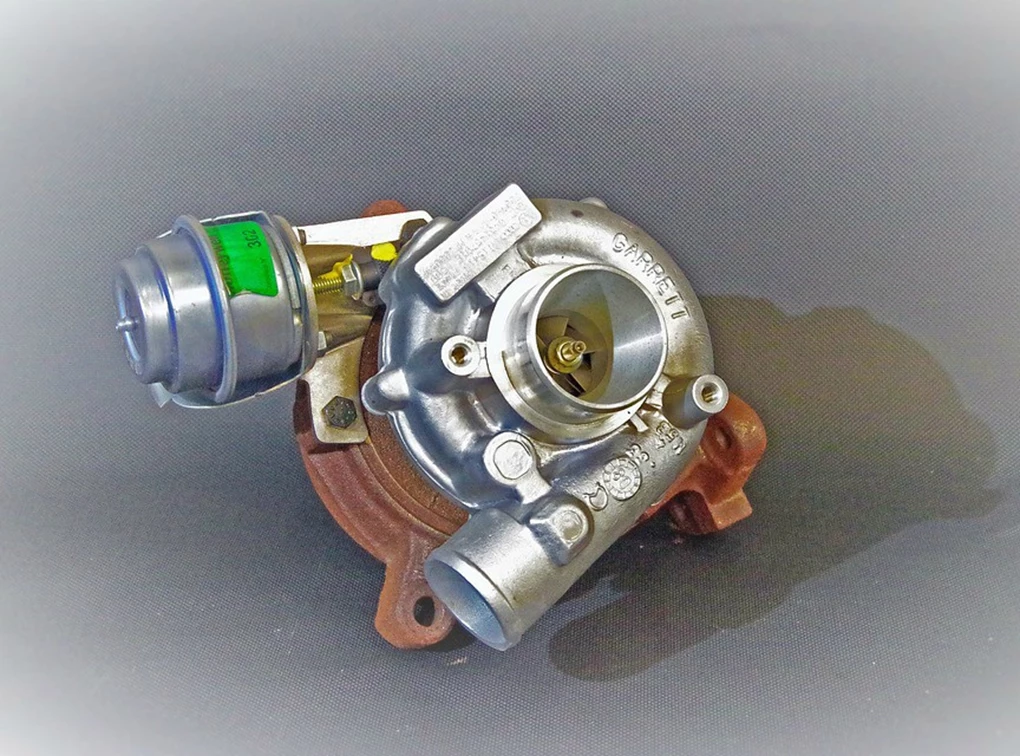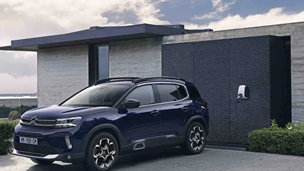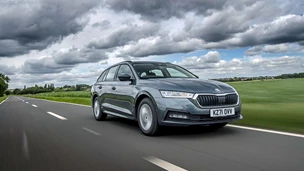Turbochargers are something that can boost the engine performance of cars and they have become popularly used on all different kinds of models.
As well as featuring on many performance-focused coupes, hot hatches and luxury saloons, they’ve also become available with numerous affordable family hatchbacks and superminis.
Cars with turbochargers have become highly accessible in today’s new car market and this has been aided in part by the fact they can be fitted to engines that run on either petrol or diesel fuel.
But how do turbochargers differ when they are in petrol or diesel engines? Do they work more effectively with one type of engine? This guide explores these questions.
If you want to learn more about how turbochargers and superchargers work and how those two things are different, you can read our separate guide about them.
How petrol turbos and diesel turbos work differently
Just to recap in case you didn’t know already, turbochargers basically use the pressure of exhaust gases to force more air into the components of the engine. This process ends up creating more power and torque for the engine. Turbochargers also generate a lot of heat and so need to be well insulated to keep cool when running.
Turbochargers have the same goal regardless of whether it is attached to a petrol engine or diesel engine.
The benefits of having a turbo on either engine are virtually the same, but there are some subtle differences as to how petrol and diesel turbochargers achieve their aim. Some of these differences will alter your driving habits to some extent if you want to extract maximum performance.

Diesel engines tend to be a little larger and stronger built than their petrol counterparts, in order to handle the high combustion pressures created by diesel fuel.
This extra size though makes it more difficult for diesel engines to run well at higher revs per minute (RPM), meaning the engine find it’s hard to draw in lots of air, which is needed to generate more power. Turbochargers are handy then if a company wants to add extra power output to a diesel engine, since this device makes the job of getting extra air into the engine way easier.
Another difference to note is that turbochargers in diesels tend to only offer a small increase in power, particularly compared to when they’re in petrol units. The reasons a diesel will have a turbocharger installed usually have more to do with dependability and reliability than boosting the power output.
In a petrol engine, a turbocharger is more focused on the goal of increasing power. Ultimately, turbochargers in petrol units tend to be smaller and are designed to run at much higher RPMs than in diesels.
Since turbochargers in petrol units need to run at much higher bands of RPM, they need to be able to get up to speed quicker than in their diesel counterparts. Because they need to run at higher revs, turbo petrol engines also generate more heat than their diesel counterparts and need a cooler of some kind to keep running.




